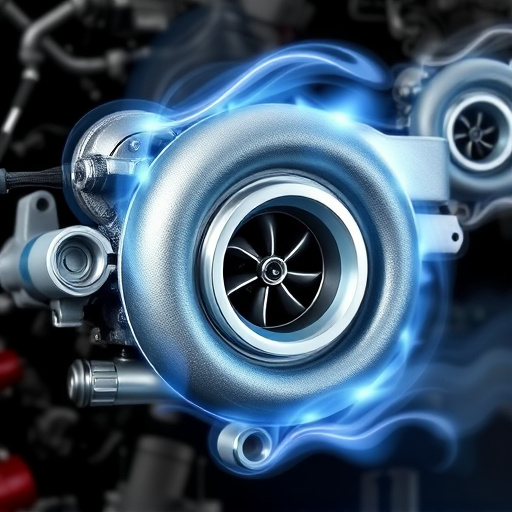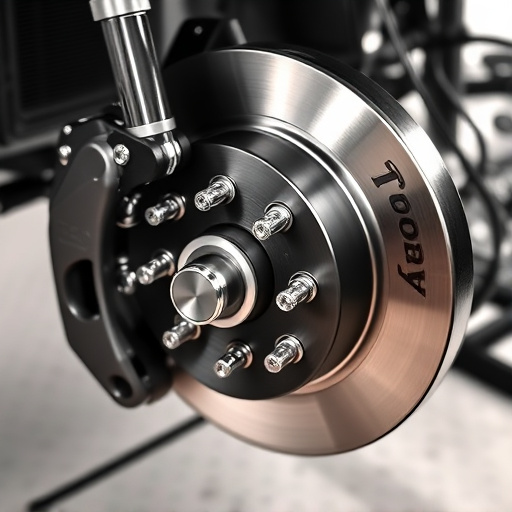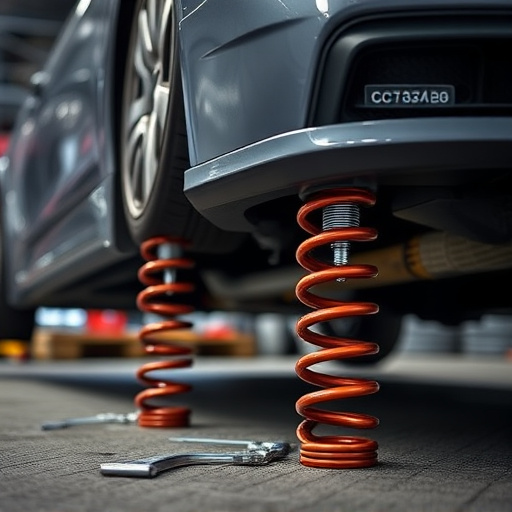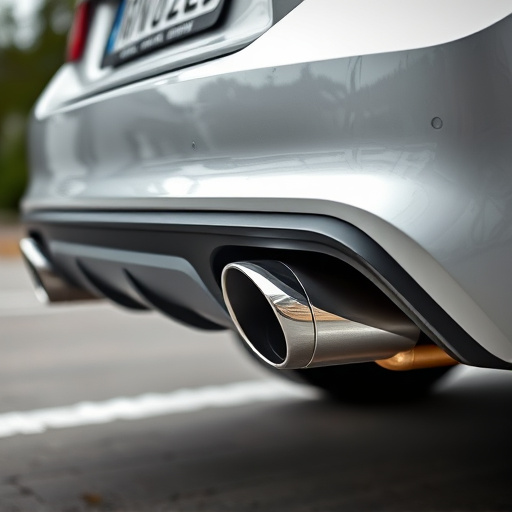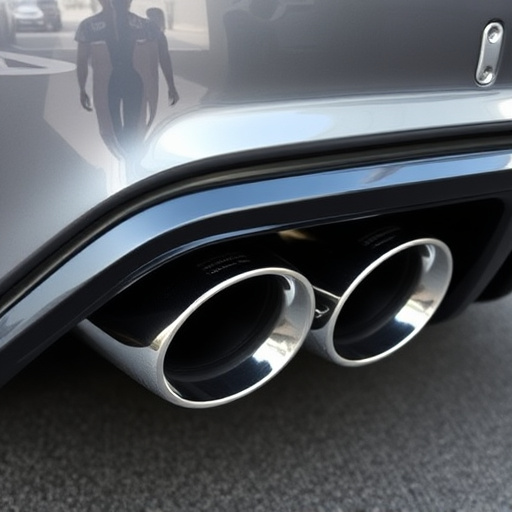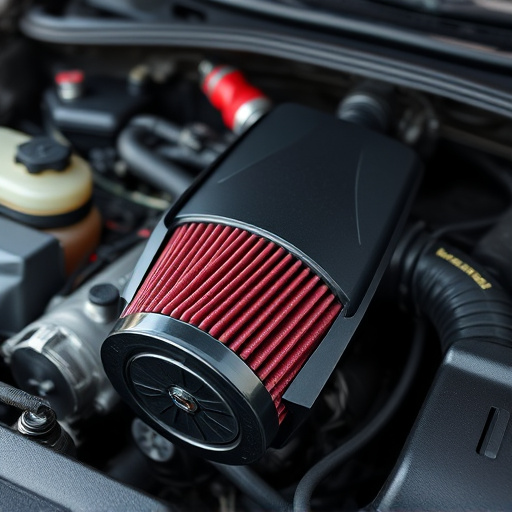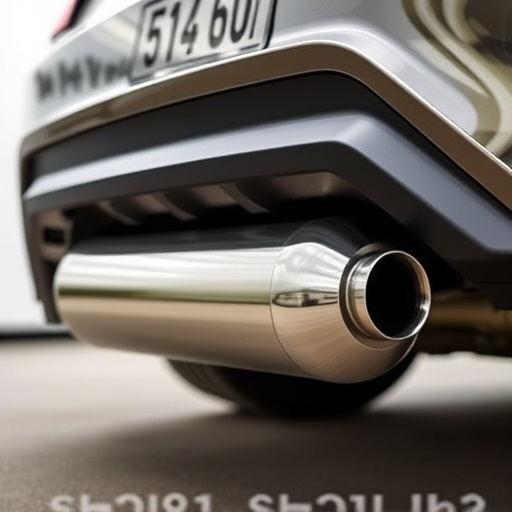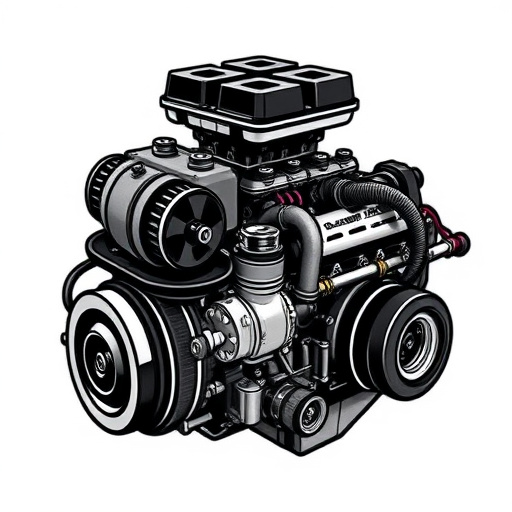Air and coil vehicle suspension systems offer distinct advantages. Air suspensions provide customizable, smooth rides ideal for comfort but may lack responsiveness in extreme conditions; they require regular maintenance and higher initial installation costs. Coil suspensions are reliable, cost-effective, durable, and easy to maintain, offering better control and responsiveness suitable for sportier handling; they are generally more affordable to replace or upgrade. Driving style and vehicle use case should guide suspension selection, with air suspensions versatile for various purposes and coil springs excelling in drag racing or competitive driving.
Choosing between air and coil suspension systems for your vehicle can be a significant decision. This article breaks down the fundamentals of each, highlighting their unique advantages and disadvantages. We explore the reliability and cost-effectiveness of coil suspensions, while also guiding you through essential factors to consider in the decision process. Whether you prioritize performance or budget, understanding these suspension types is key to ensuring your vehicle meets your driving needs and preferences.
- Understanding Air Suspension Systems: Advantages and Disadvantages
- Coil Suspension's Strengths: Reliability and Cost-Effectiveness
- Factors to Consider When Choosing Between Air and Coil Suspension Systems
Understanding Air Suspension Systems: Advantages and Disadvantages

Air suspension systems have gained popularity among vehicle enthusiasts due to their ability to offer a smooth and customizable ride. These systems use compressed air to adjust the height and flexibility of the vehicle’s springs, providing excellent control over handling and comfort. One significant advantage is their adaptability; air suspension can be fine-tuned for various driving styles, from daily commuting to off-road adventures. This feature makes them ideal for those seeking a versatile vehicle that caters to diverse conditions.
However, there are some drawbacks to consider. Air suspension systems require regular maintenance, particularly regarding the air filter kits and exhaust mufflers, to ensure optimal performance. Unlike coilover kits that offer more rigid control, air suspension may not be as responsive in extreme scenarios, such as rough terrain or high-performance driving. Additionally, the initial cost of installation can be higher compared to traditional suspension systems, reflecting the advanced technology involved.
Coil Suspension's Strengths: Reliability and Cost-Effectiveness

Coil suspension systems stand out for their reliability and cost-effectiveness, making them a popular choice among vehicle owners looking to enhance their ride quality and handling. One of the key advantages of coil springs is their durability. These suspension components are designed to withstand constant compression and extension, ensuring they maintain their shape over time. This longevity translates into reduced maintenance needs and longer service life compared to other suspension setups.
Moreover, coils offer a cost-efficient solution for vehicle tuning. Coilover kits, which include both springs and shock absorbers, provide precise control over ride height and dampening. These versatile suspension components allow drivers to customize their vehicle’s stance and driving dynamics without breaking the bank. Additionally, replacing or upgrading individual coil spring components is generally more affordable than complete air suspension systems, making them an attractive option for budget-conscious car enthusiasts looking to improve their vehicle’s performance and comfort.
Factors to Consider When Choosing Between Air and Coil Suspension Systems

When choosing between an air and coil vehicle suspension system, several factors come into play. One of the primary considerations is your driving style and preferences. Air suspension systems offer smoother rides, making them ideal for daily drivers who prioritize comfort over aggressive handling. These systems can be easily adjusted to change vehicle height, which is beneficial for both off-roading and showing off a lowered look. On the other hand, coil suspensions are renowned for their ability to provide better control and responsiveness, making them popular among enthusiasts seeking improved cornering precision and a sportier drive.
Another crucial aspect to evaluate is the vehicle’s intended use. For those involved in drag racing or requiring exceptional handling for competitive driving, coil springs’ inherent stiffness can deliver superior performance. In contrast, air suspension kits are versatile, allowing for fine-tuning that suits various purposes, including installing cold air intakes for enhanced engine performance. The initial cost of installation might differ between these systems and their corresponding suspension parts (e.g., suspension kits), with air setups sometimes offering more affordable options while coils can provide better value in terms of long-term durability.
When selecting a vehicle suspension system, whether air or coil, understanding their unique benefits is key. Air suspension systems offer smooth riding dynamics and adjustable height, ideal for off-road adventures or custom styling. Coil suspensions, on the other hand, provide reliable handling and cost-effectiveness, making them a popular choice for daily drivers. Considering factors like desired performance, budget, and intended use will help you make an informed decision to enhance your vehicle’s overall driving experience.




